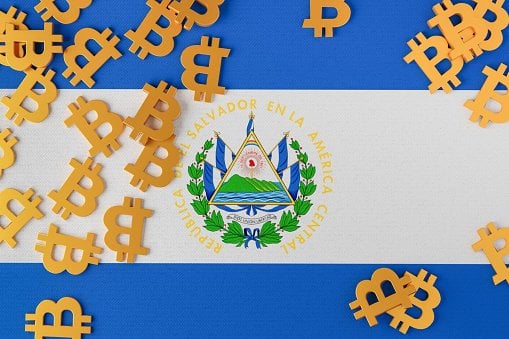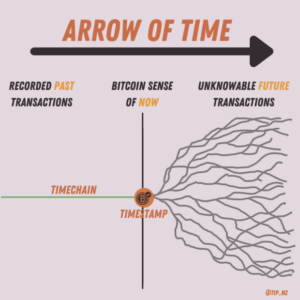- El Salvador, led by Nayib Bukele, defies the fourth round of economic crises, standing out with bold policies and tangible improvements.
- Bitcoin and Bukele’s innovative vision position El Salvador as a global reference, facing criticism and geopolitical pressures.
El Salvador, under the presidency of Nayib Bukele, has emerged as a global leader in the midst of a fourth round of economic crises, according to Max Keiser, a leading member of the National Bitcoin Office.
In a recent interview, Keiser argues that the Central American country has broken free from decades of socioeconomic collapse, positioning itself as a beacon of success in a world facing the challenges of the fourth turn described by the Strauss-Howe generational theory.
Defying Economic Crises: El Salvador at the Forefront of the Fourth Turning Point
In the context of a world that seems to be plunging into the fourth turn of economic crises, El Salvador stands out as the country that has managed to break out of this negative spiral. Max Keiser, well-known bitcoiner and key member of the National BitcoinOffice in El Salvador, shares his perspective in a revealing interview with Stacy Herbert .
Keiser argues that under the administration of President Nayib Bukele, El Salvador has not only overcome a socioeconomic collapse but is also leading the world in a way that was previously associated with Western powers like the United States.
El Salvador and the Strauss-Howe Fourth Turning: Beyond Theoretical Boundaries
The Strauss-Howe generational theory, put forward by William Strauss and Neil Howe in 1996, suggests recurring 20- to 25-year cycles that cause social, political, and economic impacts on large nations.
The fourth turn, according to this theory, involves a convergence of cycles at the end or beginning of an unpleasant period. Although designed to interpret the history of world powers, Keiser argues that El Salvador is breaking paradigms by being the first country to emerge from this generational cycle.
The Salvadoran Resurgence: A Model for the World?

Keiser’s recognition of El Salvador’s leadership is not gratuitous. Despite its size, the Central American nation has experienced remarkable economic improvements, challenging even its dependence on U.S. monetary policy.
The security policies implemented by Bukele, along with the adoption of Bitcoin, have attracted foreign visitors and investors, solidifying El Salvador’s position on the world stage.
Critiques and Challenges: The Duality of Salvadoran Upgrading
However, Bukele’s policies are not exempt from criticism. From the opposition, it is argued that the improvements are superficial, especially in areas beyond the fight against gangs. The introduction of Bitcoin has also generated debate, with some suggesting it could face changes or even be repealed in the future. Despite this, Bukele’s popularity among the Salvadoran population appears solid, exceeding 90% approval in various polls.
Geopolitical Pressures and Challenges: El Salvador’s Bitcoin Gamble
The implementation of Bitcoin-relatedpolicies in El Salvador has generated geopolitical tensions. According to Stacy Herbert, a member of the National Bitcoin Office, the Bukele government feels “enormous pressure” for these policies to succeed. Herbert points to Washington D.C., New York and London as centers of power where considerable fear, uncertainty and doubt (FUD) is brewing regarding El Salvador and its adoption of Bitcoin.
Defying Media Criticism: Keiser and Herbert at the Forefront of Salvadoran Advocacy
Stacy Herbert does not hesitate to point to media outlets such as the New York Times, Washington Post and Financial Times as carriers of FUD coming from the centers of power. In an impassioned tone, Herbert states that together with Max Keiser, they work tirelessly to ensure the success of Bitcoin-related policies in El Salvador. The pressure to achieve victory is palpable, as it is perceived as a direct challenge to traditional financial systems.
El Salvador as a pioneer in a changing world
In the midst of a fourth round of economic crises, El Salvador emerges as an unexpected and challenging leader. Max Keiser and Stacy Herbert’s vision highlights the Central American nation’s re-emergence as a beacon of success in a world seeking solutions to today’s challenges.
Although critics persist, El Salvador’s bet on Bitcoin and Bukele’s innovative policies are blazing a bold trail that could have implications beyond its borders. El Salvador’s story is shaping up to be an intriguing chapter in the global narrative of the 21st century.























